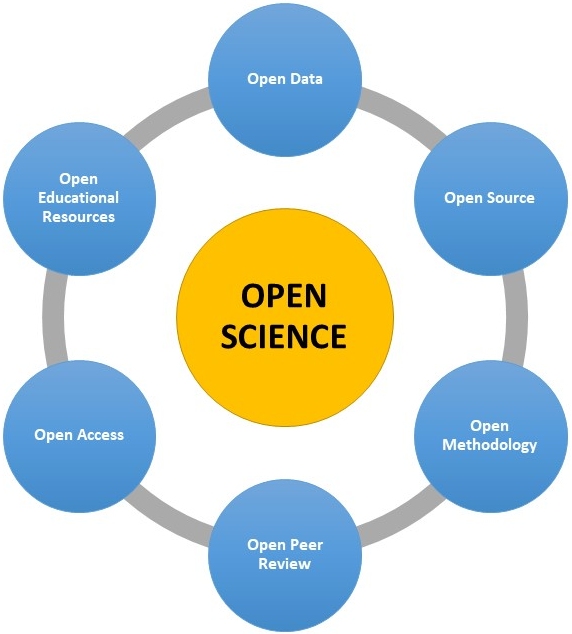According to the amendment of the Act on Foreigners (whose provisions came into force in April this year), the National Contact Point (KPK) informs research units (universities, institutes of the Polish Academy of Sciences and research institutes) employing foreigners to carry out scientific research or development works that they should be approved in advance for this purpose by the Minister of the Interior and Administration. According to the regulations, the approval of a unit is a condition for issuing a national visa and/or a temporary residence permit for the purpose of conducting scientific research to a foreigner, and therefore it may prolong the recruitment process of a foreign employee. This provision is referred to in Chapter 7 of Article 151 of the Act on Foreigners. (We recommend that you read this Chapter as it contains other requirements, such as the agreement concluded with the researcher.)
The approval of the aforementioned units takes place at their request. The application should contain, inter alia, general information about the fact that the unit will accept foreigners for the above purpose within the framework of projects and not only (no foreigners’ data need to be provided), about the existence of the unit for at least 5 years before submitting the application and conducting scientific activity during that time independently and continuously. The letter should be accompanied by documents confirming the fulfilment of these conditions. The issuance of a decision may take between 30 and 60 days, as the applications are also consulted with other authorities, such as the Border Guard or the Internal Security Agency. The paper version of the application should be sent by post to the Ministry of the Interior and Administration.
The current list of approved scientific entities is to be published in the official journal of the Minister in charge of internal affairs (however, it is not yet available online; so far few entities have applied to the Ministry of the Interior and Administration).
It is recommended that scientific units apply for approval as mentioned above to improve the processes of employing foreigners.
Information on the approval of foreigners is available on the website of the Ministry of Interior and Administration and at the telephone number of the Ministry: +48 22 60 133 34
- Article on new regulations concerning the admission of foreign scientists and students on the website of the Office for Foreigners
- Foreigners Act
Developed based on the information of the NCP of 19 June 2019



